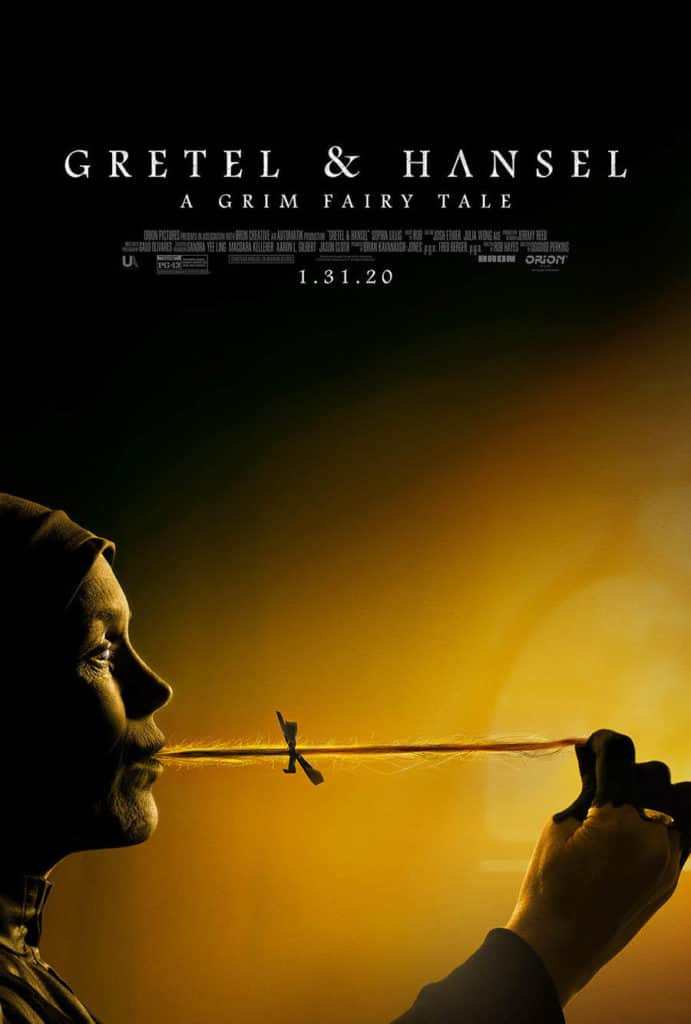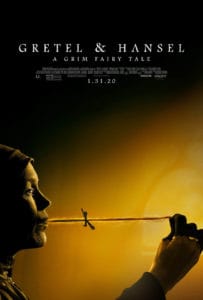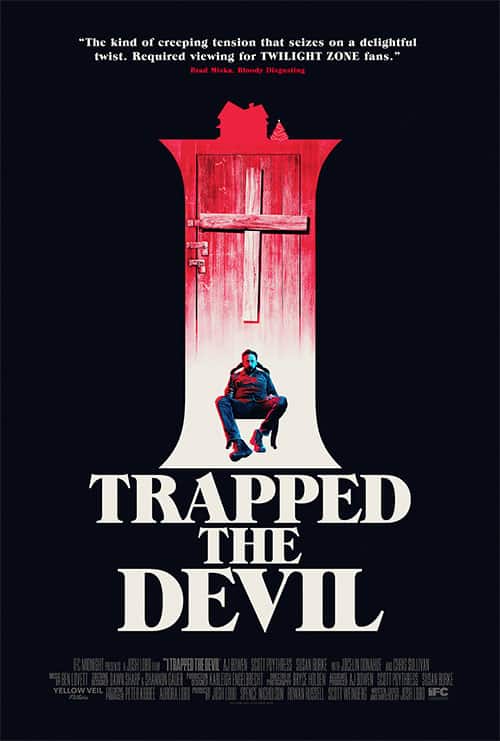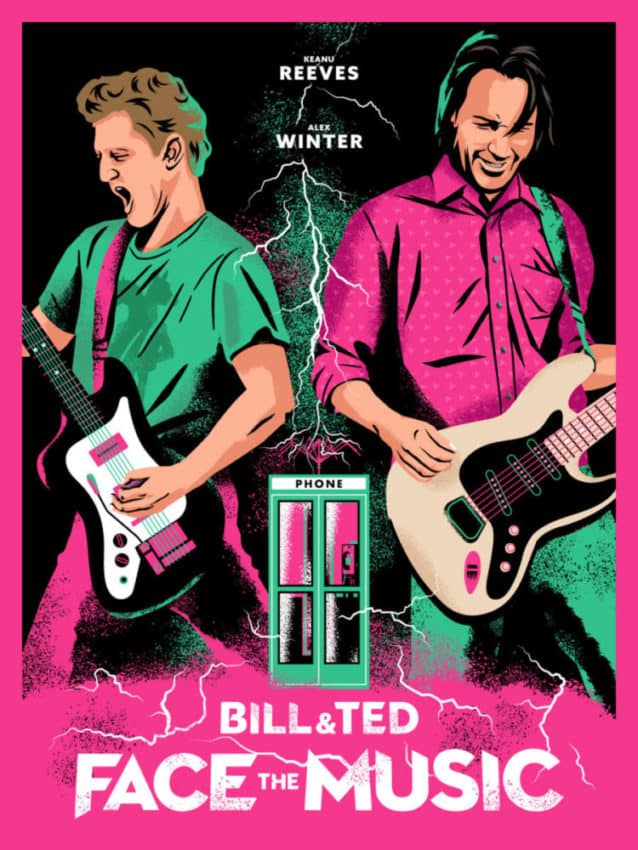
Although January 2019 had some very solid scores, it was still a fairly muted start to the year. This January is different. Instead, it’s seemingly filled with too many good scores too count (and unfortunately, far too many to cover).
Marco Beltrami has quietly released a string of strong scores over the past few years and Underwater, co-composed by Brandon Roberts, keeps this streak alive. It is thoroughly tense throughout, with a constant intensity that excellently (and fittingly) encapsulates the paranoia and fear lingering beneath the ocean’s surface.
Among my most anticipated scores of 2020 was Colin Stetson’s Color Out of Space. Fortunately, Stetson’s score lives up to the hype. While more spacey and ambient than his previous score Hereditary, it remains jarring and discomforting, building up into an auditory interdimensional lobotomy. Listen to my interview with Stetson here.
A Mixture of History and Fantasy
2017’s The Death of Stalin turned Christopher Willis (Interview) into a rising star of film scoring, and he’s back from a brief hiatus with The Personal History of David Copperfield. Willis’ score is symphonic to its core, a style becomingly increasingly rare in film music, and shows his mastery of the form. It is full, bombastic, and completely textured with equal parts furor and calm, and feels more fantasy than history.
Two Synth-Centric Scores Start the Year
One trend I noticed in 2019 was a slowdown in synth-based scores. This month (and the first half of February as well) has completely bucked that trend. First, Rob’s (Robin Coudert) score for Gretel & Hansel avoids the brash, noisy, auditory equivalent of jump scares so common in horror scores, instead opting for a surprisingly subtle, gradual buildup into an atmospheric dive into fear. I’ve quite enjoyed Rob’s prior scores (which have primarily been for French and some Chinese films) and hoped that Gretel & Hansel would be a success and showcase his scores to a broader wider audience. It’s a particular shame then that the film has garnered a lukewarm critical and commercial reception, but hopefully Rob’s American breakthrough will come soon enough.
Kid Moxie provides a similar subtleness and delicacy in her score for Not to Be Unpleasant, But We Need to Have a Serious Talk. It is somber and synth-laden (with some piano interludes), drenched in nostalgia and regret. Highlighting the score is a surprising cover of Alphaville’s “Big in Japan” that turns the original’s poppy, new-wave stylings into a forlorn lamentation of love.



